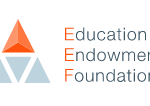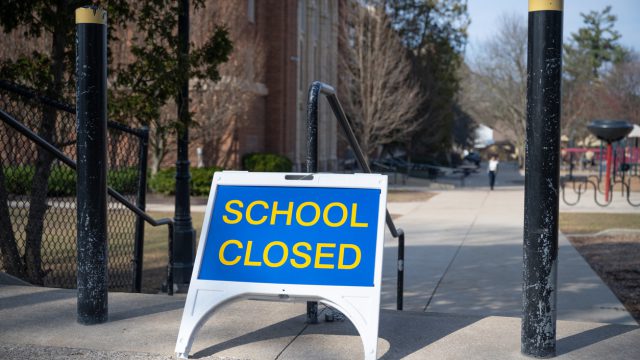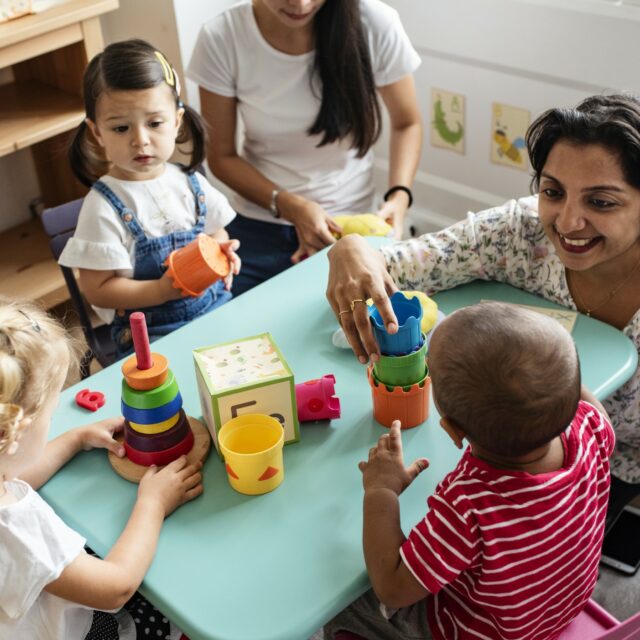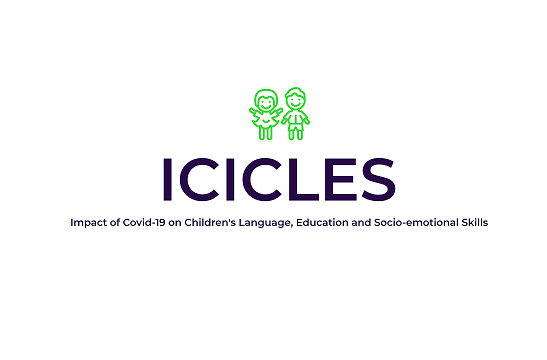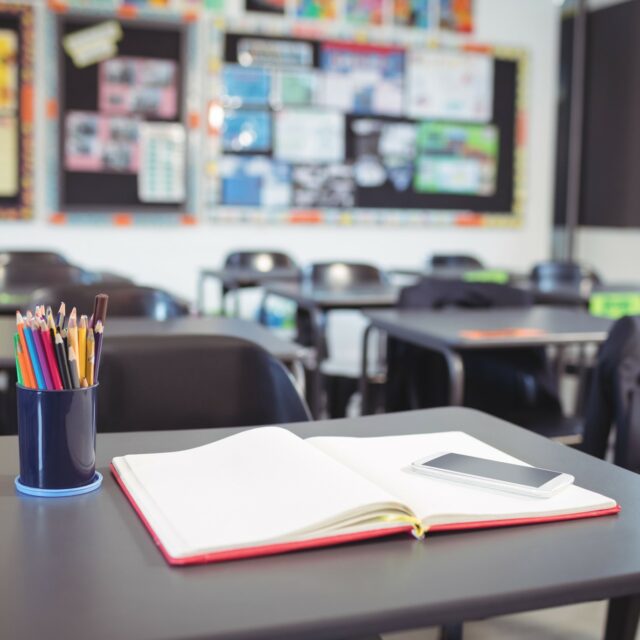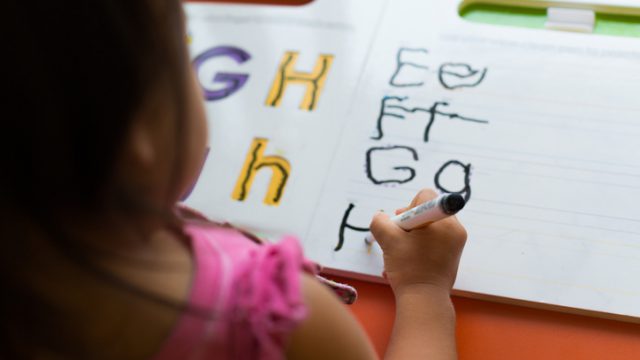The Impact of Covid-19 on School Starters
What was the impact of the Covid-19 pandemic on children’s socioemotional well-being and attainment during the Reception Year? The research project aims to understand the experiences of September 2020 school starters, and if, and how, their experience differed from previous cohorts.
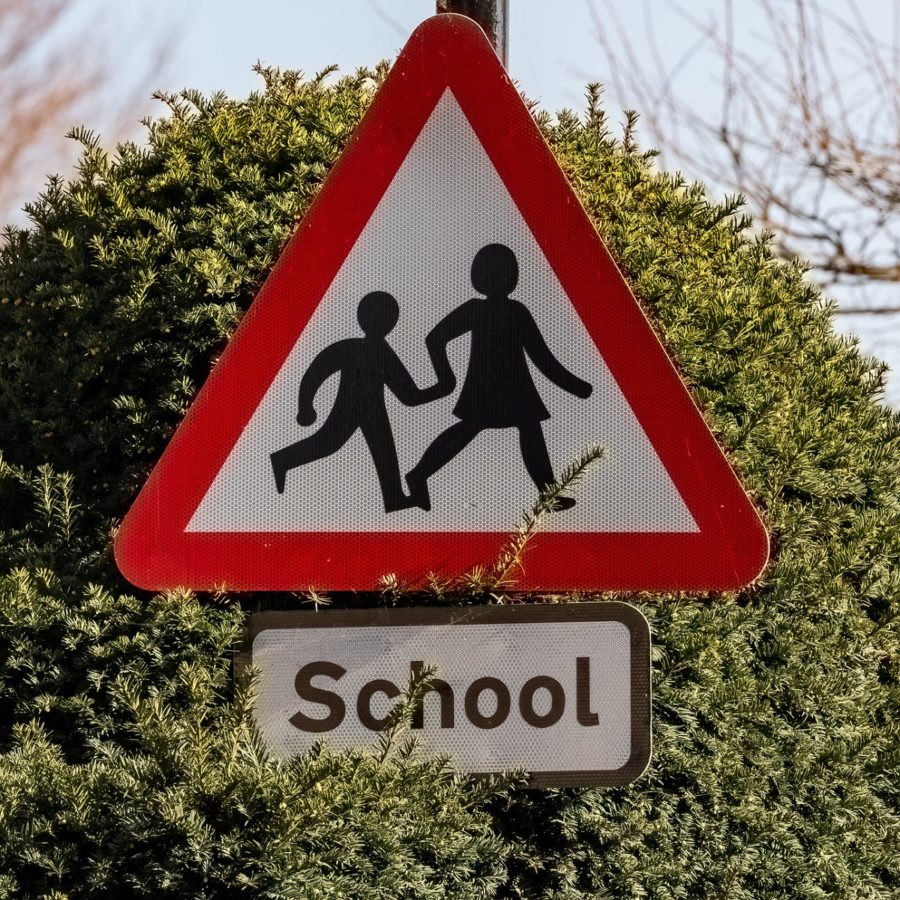
Summary & aims
High quality Early Years provision plays a vital role in all aspects of a child’s development. Unfortunately, the Covid-19 pandemic resulted in the national closure of Early Years settings to all but children of keyworkers and vulnerable children, with only 7% of children aged 2-4 accessing Early Years provision during lockdown. This means that children starting school in Sept 2020 have done so after a period of significant instability and atypical social and environment influences. This project seeks to understand the experience of school starters and the impact of the pandemic on their socio-emotional wellbeing and educational outcomes.
Methodology
This is a longitudinal study combining primary data collection with analysis of data from the National Pupil database. The team will work with schools to collect data on reception pupils’ language, numeracy and socio-emotional development in the Autumn term 2020 and again in the Summer term 2021. They will also carry out surveys with the schools and parents at the same time points to explore the influence of the home learning environment and changes to the school environment this year. Analysis of NPD data will allow us to compare outcomes at the end of the school year with previous cohorts, while comparing the outcomes of children eligible for free school meals will allow us to investigate the potential growth in the disadvantage gap.
Findings and Recommendations
Survey data suggests both parents and schools perceived that children had been disadvantaged in their socio-emotional wellbeing, language and numeracy skills when entering Reception classes in 2020 due to their experiences during the Covid-19 pandemic. Although most parents and some schools felt there had been some ‘educational recovery’ achieved by the end of the academic year (2020−2021), EYFSP data collected from the sample of schools suggests there were less children who achieved a ‘Good Level of Development’ compared to the previous (pre-pandemic) YR cohort (2018−2019).
The proportion of children in the sample who gained a GLD at the end of Reception was 13% smaller than the proportion in the national data in 2018/19 (58.7% compared with 72% in 2018/2019). In an average-sized Reception class this could equate to three fewer pupils reaching a GLD as a consequence of the pandemic. These findings suggest a greater proportion of children, around 41% compared with 28% in 2019, could particularly benefit from an adjusted and responsive curriculum to support their learning and development.
All five learning areas where the study collected EYFSP data saw fewer children achieve at least expected, with Literacy (9.2%) and Maths (8.6%) seeing the largest percentage differences with 2018/19 outcomes. Surveys suggest schools had concerns about children’s PSED (73.6%) and Communication and Language (63.9%) as well as Literacy (73.6%) at the end of year.
A smaller proportion of children eligible for FSM achieved at least expected in all learning areas compared to children not eligible for FSM. However, the percentage difference in outcomes between these groups in our sample and the 2018/19 cohort was minimal. Therefore, FSM eligibility does not seem to explain differences in outcomes.
Children learning EAL, however, do seem to have been differentially affected by the pandemic. The proportion of children learning EAL achieving a GLD in our sample was 16 percentage points smaller than the proportion who achieved GLD in the 2018/19 cohort.
It should be noted that the findings of this study should be interpreted with some limitations in mind, which mainly derived from the unprecedented circumstances in which this study took place. Continued disruption to education in the Autumn term led to only a small sample of schools completing EYT Assessments which prevent tracking children’s progress over the academic year. The third national lockdown in Spring term resulted in the cancelling of the national collection of EYFSP data, including the external requirements for data moderation. This meant outcomes from the previous pre-pandemic cohort could only be compared with a sample of school who self-selected to share their data and there is a need to be cautious about the reliability and validity of the assessments given the unknown amount of moderation that may have been completed.
Links
- Further information on the recommendations and findings can be found on the Education Endowment Foundation website
- An opinion piece by Claudine in the Times Education Supplement that summarises some of the findings.
- Piece in House of Lords Current Affairs Digest: Social Policy (July 2021)
